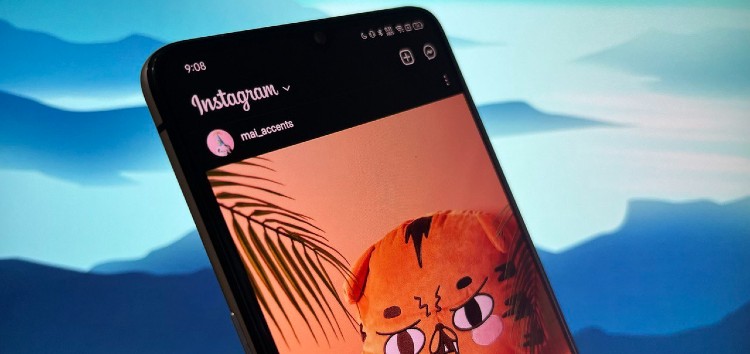[POLL] Is Google and Samsung working together good for Android and Wear OS?
— PiunikaWeb (@PiunikaWeb) February 20, 2022
Vote below and read our opinion here: https://t.co/4QVWcQvkF0
New updates are being added to the bottom of the story…
Original story (from Feb 20) follows:
No Android conversation is complete without mentioning Google and Samsung. The latter is an industry leader in smartphone sales while the former makes the software that runs on all Android devices.
One wouldn’t be the force it is in the smartphone industry bar for the other, which means the two should be best friends, at least on paper. However, this hasn’t always been the case, but things seem to have changed recently.
For years, the two have been at loggerheads. A short trip down memory lane reveals quite a series of interesting battles between Google and Samsung.
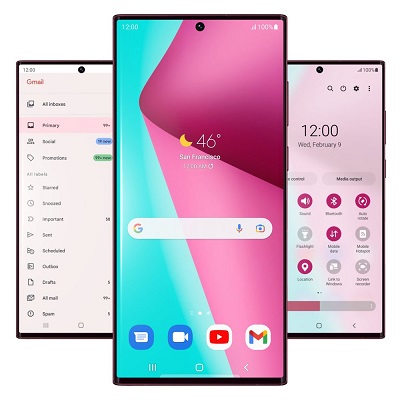
Samsung, for instance, has always pushed its own apps over Google apps. Besides the pre-baked Google apps, Samsung also pre-installs its own apps that serve the same purpose as Google’s.
Rather than opt for Google’s suite of productivity tools, Samsung is often seen working with Microsoft to pre-install MS Office and other products on premium Galaxy devices.
The Korean tech giant even attempted to create its own Tizen smartphone OS that never managed to topple Android as probably anticipated.
Heck, Samsung even overlooked Google’s Stadia and instead favors Microsoft XCloud game streaming service. It doesn’t end with smartphones.
Samsung, rather than use Google’s Android TV for its smart TVs, has an in-house OS to power its TVs. The company even went ahead and developed Bixby and Gear VR to rival Google Assistant and Daydream, respectively.
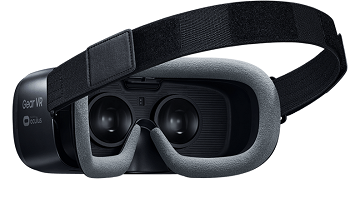
I can go on and on, with references dating back to the early days of Android when Samsung made drastic changes to AOSP with its TouchWiz skin just to disassociate its devices from Google.
But for some reason, this constant battle of supremacy seems to have come to a sudden end. Google and Samsung have recently been working together on a number of projects, which is kind of unusual and refreshing at the same time.
Samsung has recently ditched their Tizen OS for Wear OS, with the Galaxy Watch 4 the first to come pre-installed with the Google OS. This meant Galaxy Watch users could finally enjoy Google Assistant support, which many agree is a better proposition than Bixby.
The two have also worked hand-in-hand on foldable smartphone software to offer a better experience, with Google even helping with marketing of the Galaxy Z Flip 3 and Z Fold 3 in quite an unusual move.
Google CEO, Sundar Pichai, was recently on record saying that Samsung is the company’s most important partner, which should partly explain them marketing Samsung’s foldables.
Last week, Google Messages became the default SMS app for Samsung phones in the U.S., which further shows how far this relationship has come.
With Samsung now offering up to 5 years of software support, one would expect Google to follow suit and offer something similar for Pixels or perhaps even much better akin to the Shield TV.
If anything, this bromance seems to be bringing the best out of each company, which is exactly what Android needs considering the position of the two companies in the Android world.
With Samsung and Google aka Android’s biggest players working as a unit, it should be easier to standardize things like RCS amidst Google urging Apple to add the function to iMessage.
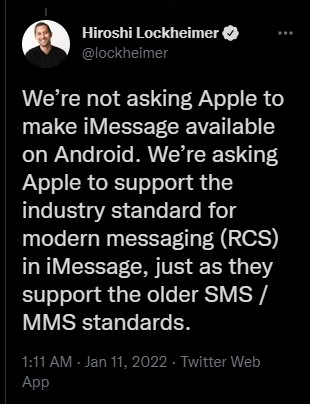
The speed of OS adaptation has always been a problem for Android, and Samsung having the most devices means the more/faster One UI updates roll out, the quicker the adaptation.
With the rocky past Android has had, this bromance should do the OS more good than harm. But there is likely more to these good vibes than meets the eye.
In the hindsight, it’s about strategic alignments going forward. Samsung knows it makes the best hardware and Google is fully aware of its software credentials.
Smartphone or handheld hardware has arguably matured, meaning people are holding onto their devices longer than before. Granted, most future smartphone profits will hinge on software and not hardware.
Through Android, Google has managed to lock-in every popular third-party service to rely on Google Mobile Services. For instance, WhatsApp needs GMS to create backups on Google Drive; Uber needs GMS to connect to Google Maps, and so on.
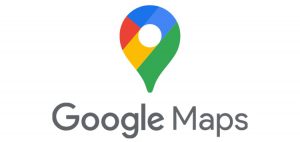
In order to use a non-Android OS or non-Google apps, Samsung needs to rework things with 3rd-party app developers to remove reliance on GMS. Huawei attempted this with HMS and we all know how that’s worked out so far.
Having failed with its Tizen OS attempts to oust Android, Samsung can no longer afford to play hard with Google since it needs them. Vice versa is also true. Samsung has the hardware that Google needs to sell its software.
In order to get as many people to use its software, Google needs Samsung to sell as many smartphones as possible. Since smartphone buyers rely heavily on Google apps and services, Samsung needs to be in good books with Google otherwise its products won’t be appealing to the masses. You know, just like Huawei.
If anything, everyone seems to have accepted their place and is equally embracing it. At a point where many consider Android a mature OS, these two working together should help weed out major inconsistencies in the OS.
Again, constant battles between these two isn’t what Android needs going forward. Unfortunately, it’s hard to say how long this renewed love between Google and Samsung will last.
Do let us know your thoughts in the comments section. There’s also a Twitter poll whose results will be shared after a week of voting.
Update 1 (Feb 27)
The results for the poll are out, with 50% of those who voted agreeing that Google and Samsung working together is indeed good for Android and Wear OS. While 25% disagreed, the remaining 25% said it changes nothing.
In case you missed the poll, you can still share your opinion in the comments section at the bottom of this page.
PiunikaWeb started as purely an investigative tech journalism website with main focus on ‘breaking’ or ‘exclusive’ news. In no time, our stories got picked up by the likes of Forbes, Foxnews, Gizmodo, TechCrunch, Engadget, The Verge, Macrumors, and many others. Want to know more about us? Head here.

![[Poll results live] Samsung & Google's recent patch up is exactly what Android needs [Poll results live] Samsung & Google's recent patch up is exactly what Android needs](https://piunikaweb.com/wp-content/uploads/2022/02/Samsung-and-Google-1.png)

